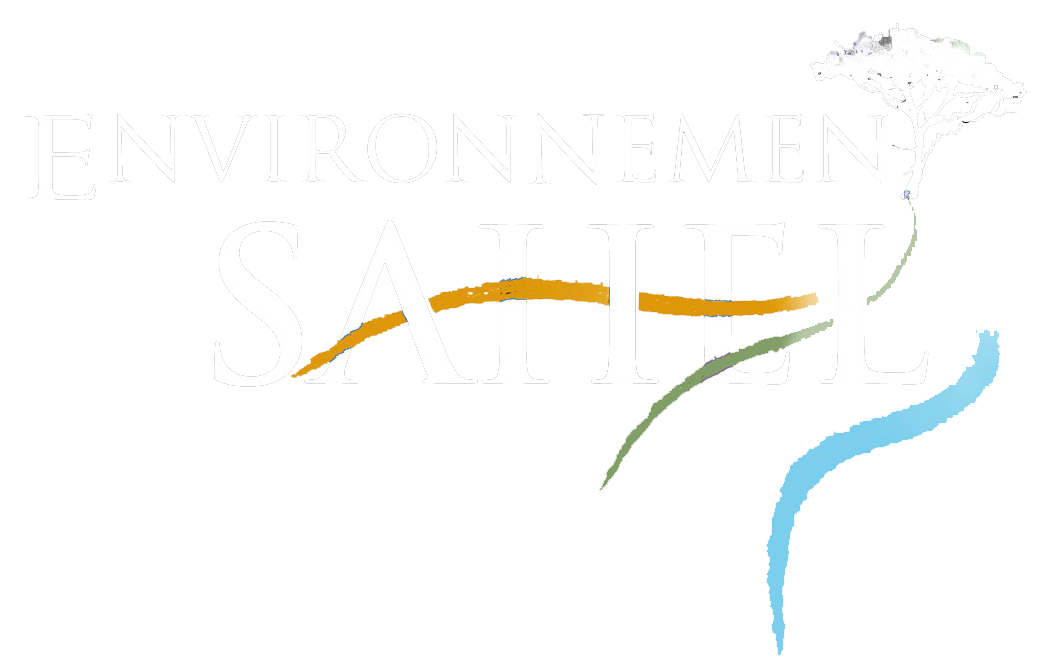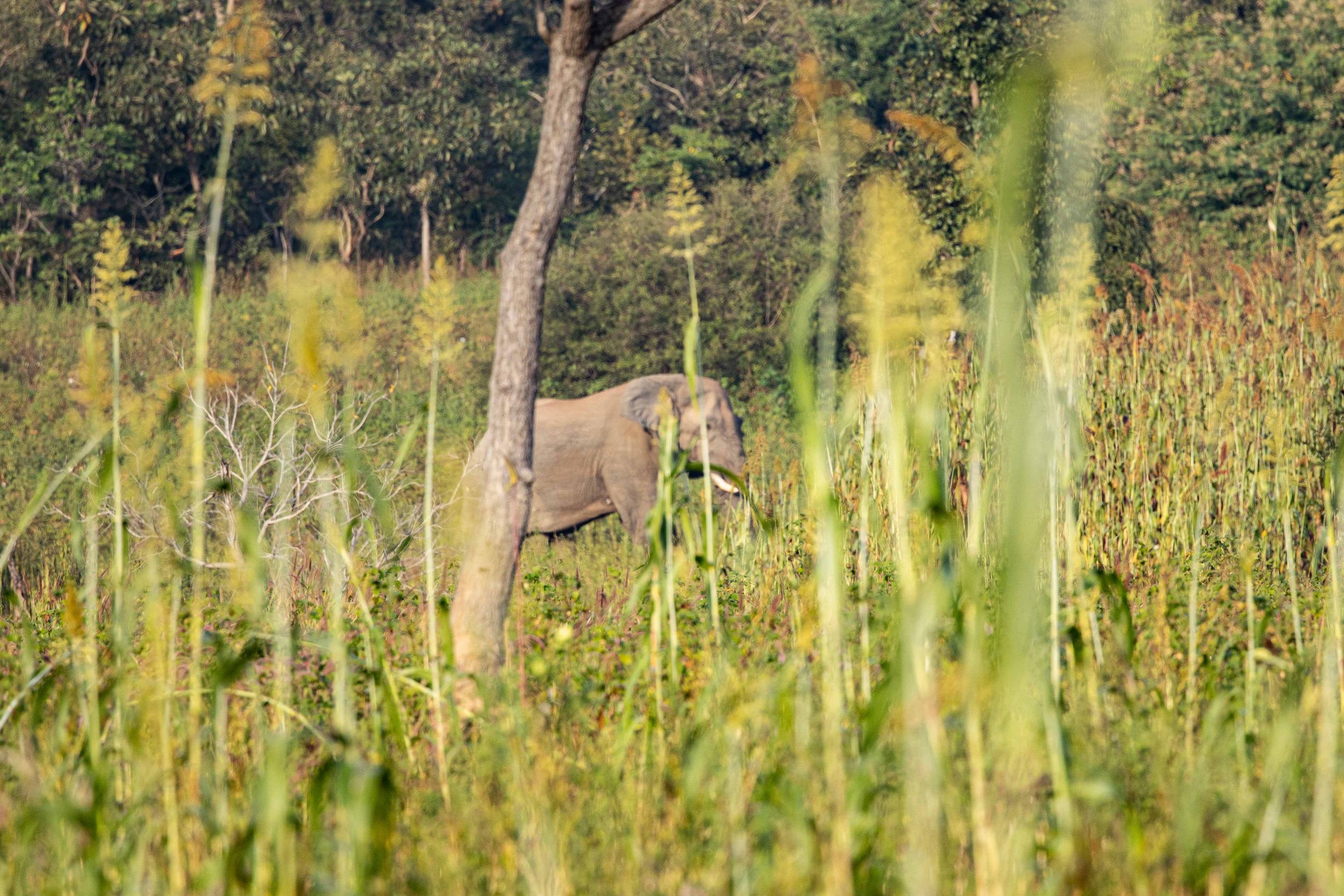Work
In Chad, we are working alongside communities to mitigate human-wildlife conflict in ‘elephant landscapes’, promoting sustainable development through environmental education in local and indigenous languages, contributing to Chad’s 30x30 goals in supporting Community Conservation initiatives and carrying out Evidence to Action activities.
In order to expand our operations, Environment Sahel is currently (2023) finalising a protocol of collaboration with the Chadian Ministry of Environment, Fisheries and Sustainable Development that will green-light a five-year project to fundraise, carry out feasibility studies, and implement pilot activities for the setting up of community conservation areas in several key landscapes. The areas identified are all ‘elephant landscapes’ and home to great biodiversity, ecosystem services and populations vulnerable to climate change.
Protecting the ‘spaces in between’ through ‘Community Conservation Initiatives’ and ‘30x30’
In Chad, traditional conservation focuses on managing and protecting national parks and reserves. However, a huge amount of the wildlife, plant life and biodiversity is found outside of these protected areas in community spaces. There is currently little to no solution to protecting and better managing these natural resources and biodiversity. We believe that the only practical way of protecting and managing these ‘spaces in between’ and achieving 30% protection of total territory by 2030 is through the creation of ‘Community Conservancies’.
Traditional stabilisation and development ‘interventions’ in these same spaces are often siloed approaches - separating agriculture, peace-building, governance, and education - and do not recognise or link the importance of concerted environmental management in finding sustainable solutions to the problems they are seeking to address.
Protecting the ‘spaces in between’ through community conservation is a holistic approach to governance, natural resource management, sustainable livelihoods, community development peace and stabilisation, weaving together traditional conservation and development methodologies. Empowered communities supported by government and civil society will best protect these landscapes within a recognised legal framework and gazetted management and business plan that can continue to attract sustainable investments into the future.
Environment Sahel is currently looking for partners to finance the development of Chad’s first community conservancies.
Mitigating human-elephant conflict
It’s estimated that over 430,000 people live in or around unmanaged and unprotected elephant landscapes in Chad. Many of these communities suffer from severe food insecurity, loss of life, and the means to feed, clothe and educate themselves. The wildlife becomes a target for those defending their livelihoods or for poachers who are left to act freely by populations resentful of the loss of livelihoods from wildlife.
We have been helping those in conflict with elephant map the conflict-locations and set up Community Action Networks (CANs) to help communities better manage and prevent human-elephant conflict in their areas.
Further work and support is needed to equip, train and sustain the activities of community agents who can monitor elephant movements, mobilise communities, monitor and collect accurate data on the problems and provide warnings to security forces of poachers in the area.
Elephant barriers, granaries to secure food, and alternative livelihood activities can help further mitigate the cost of human-elephant conflict and help protect communities and wildlife.
Environmental education
More than 70% of Chad’s population live in rural areas, living alongside and directly from the natural environments around them.
People in Chad have a huge appreciation and value for the environment, but very little knowledge of how to manage their natural resources, especially in the face of changes brought about by huge and rapid demographic and climactic changes. Despite people’s desire for this environmental knowledge, there is little to no access to environmental education materials or facilities, and especially in local languages.
Environment Sahel is working with youth groups to translate existing and relevant environmental education materials into local languages. We have already translated the fantastic PACE resource ‘Africa our Home’ into French (one of the two official languages), and we hope to translate and distribute many of the videos, texts and audios into local Arabic and other widespread local languages.
This work could benefit tens of millions of people, not just in Chad, but across the parts of Sahel that share the same languages and cultures. Further support is needed for production costs, distribution and environmental education missions to more remote locations.

Evidence to action
For many potential conservation areas and activities in Chad, there is little to no current data.
The lack of data means that Chad is not attracting the funding needed to address its environmental issues. Environment Sahel is collecting data, creating products and sharing this information with communities, government and non-governmental bodies that directly assist in the conservation ‘effects’ of Protect, Preserve, Rehabilitate, Reintroduce and Manage.
To date, we have created products and shared information that contributes to anti-poaching operations, human-elephant conflict prevention, inter-community conflict prevention planning (over natural resource management), and more.
Further support would help us to identify endangered species distribution in unprotected and unmanaged landscapes, create maps of unmanaged protected areas and forests, and build the data collection, management and sharing capacity needed to reverse the current poor trends.
Make a donation
Please note that we welcome donations via Wild Philanthropy, which guarantees that 100% of donor money reaches the Trust.






